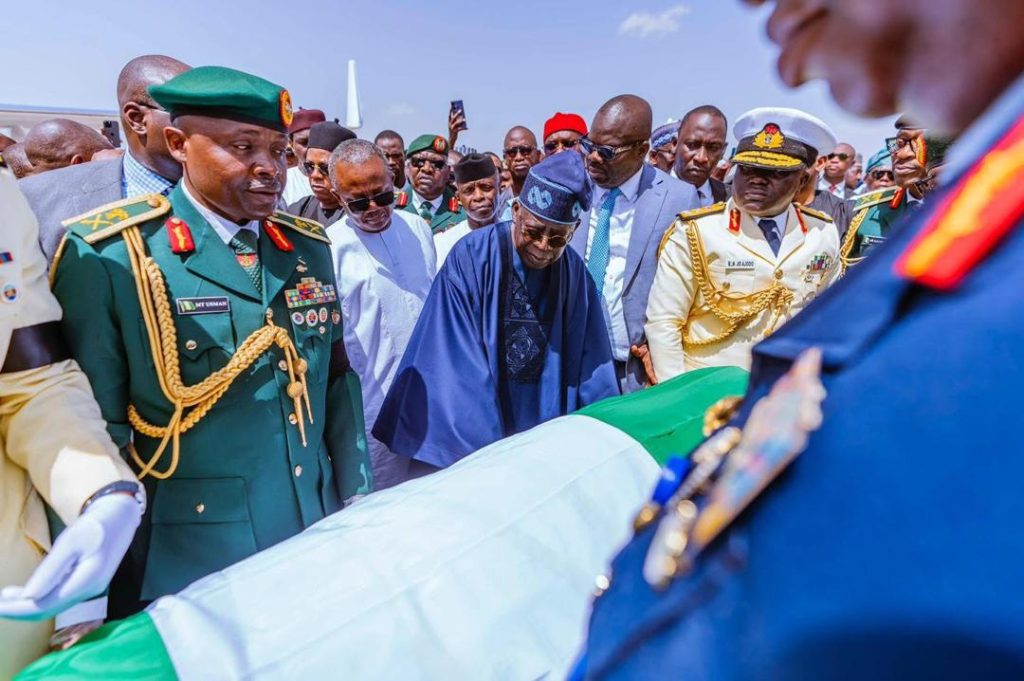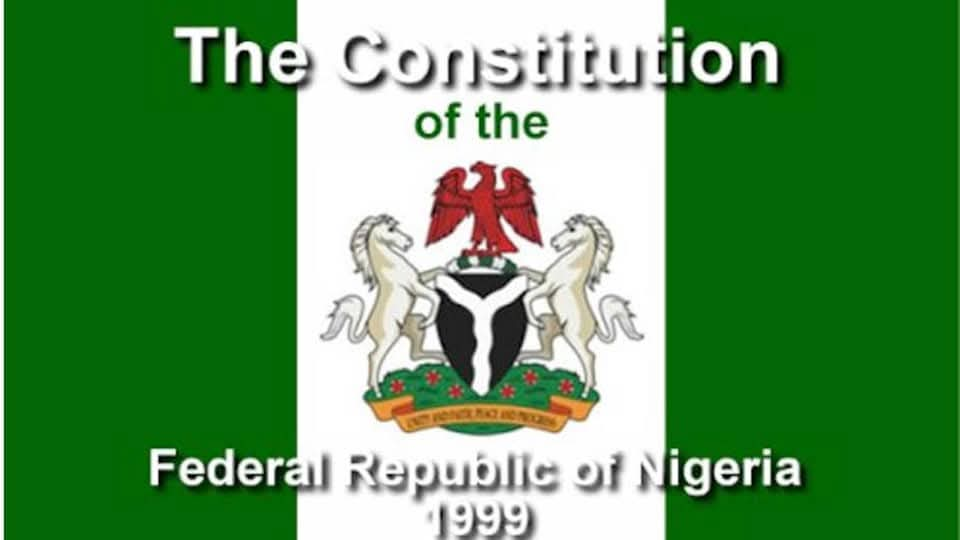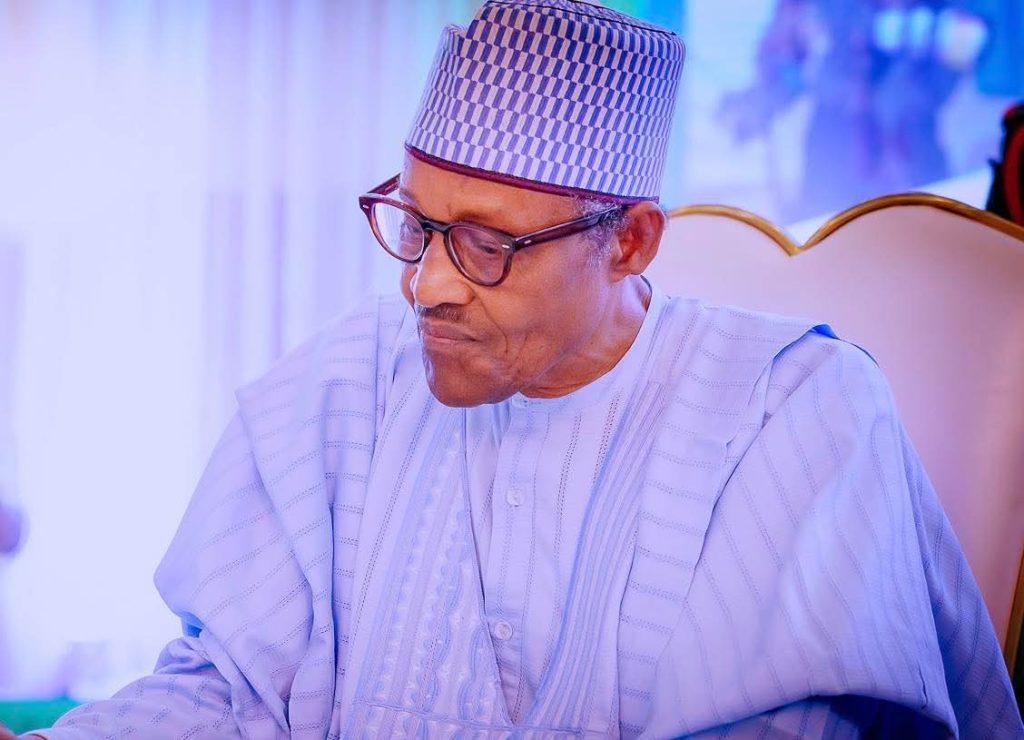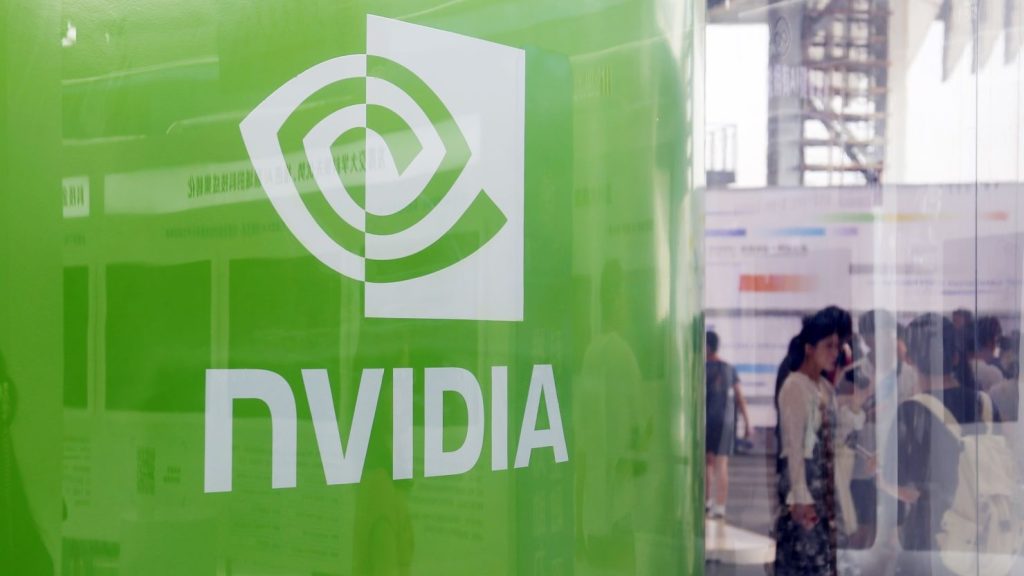Africa
Expert raises alarm over new cold war brewing in ECOWAS, Africa, warns leaders

A former war correspondent and a global affairs analyst and consultant on peace, security and governance communications, Mr. Paul Ejime, has warned African leaders to prevent the new cold war brewing in ECOWAS region and Africa in general.
Mr. Ejime made the call in an essay he released on Wednesday entitled “How to prevent new cold war in Africa” and made available to Diaspora Digital Media.
According to Ejime, ECOWAS is battling with post-election tensions and the restoration of constitutional order in member states.
This, he said, followed growing military incursions into politics within a complex and dynamic global landscape characterized by multiple threats such as geopolitical shifts, economic downturns, currency fluctuations, digital advancements, climate and environmental concerns, and socio-cultural dynamics.
He recalled that Ambassador Abdel-Fatau Musah, a senior ECOWAS official and former Director, West African Division, United Nations, offers some perspectives on how to “reconcile tensions between democracy, governance, and development,” and the urgent need for “a new compact with external partners to prevent a new Cold War in Africa.”
Ejime also warns against the dangerous influence of money and the overbearing interference of the judiciary in African politics of the continent will survive the brewing tension.
He quoted Dr Musah, a former Director of West African Division, United Nations, as affirming:
“The recent retreat from liberal democracy and growing instability in the West Africa sub-region and the wider Continent is taking place within a complex and dynamic global landscape characterized by an unprecedented convergence of multiple threat and opportunistic vectors, namely geopolitical and geostrategic shifts, economic downturn, currency fluctuations, digital advancements, climate, and environmental concerns, and socio-cultural dynamics.”
Ambassador Musah made the remarks while addressing the International Relations Society of UK’s Oxford University at its Corpus Christi College, on 19th January, under the theme “Regionalism in West Africa and Causes and Course of Recent Instability”.
The ECOWAS senior official said that, while there might be no “single-factor explanation for the growing political and security malaise, …the fledgling and stumbling liberal democracy in Africa requires urgent resuscitation through the infusion of local culture, traditions, and realities.”
He posited that “strengthening electoral democracy by promoting good governance and development requires the collective efforts of all – governments, the citizenry, their organizations, and partners.”
Dr Musah listed major threats facing Africa and by extension, West Africa, as follows:
- The cumulative impacts of pandemics, poor leadership, and macroeconomic mismanagement amidst a global financial, economic, and social downturn.
- Governance and development deficits (State capture, economic mismanagement, currency instability, retreat from the periphery, marginalization, and selective provision of basic services; identity politics, youth crisis, and corruption.
- Manipulation of constitutional and electoral norms and the weaponization of the judiciary to enable unconstitutional maintenance of power.
- Asymmetric security crisis (terrorism, radicalization, and violent extremism, led principally by Al Qaida and Islamic State affiliates; identity-based violence (farmer-herder dynamics, inter-communal violence)
- Climate change as a threat multiplier (dynamics in Central Sahel and worsening cyclical floods and drought).
- Geostrategic interests and geopolitical shifts, tensions between growing interdependence amid the collapse of multilateralism and deepening multipolarity: Dynamics between the NATO Powers (Collective West); China, Russia, India (BRICS); Medium Powers (Turkey, Saudi Arabia, UAE, Qatar) threatening a return to proxy wars.
- Emerging strategic choices by leaders of the region towards traditional and emerging powers without a clear exit strategy from the dependency syndrome.
- Genuine changing sentiments from below towards traditional powers, the re-birth of nationalism, and the instrumentalization of insecurity and public moods by sections of the military and their associates, and
- Explosion of new technologies the pervasive influence of social media and the manipulation of opinion through misinformation and disinformation.
Reacting, Ejime noted that the Commissioner’s prescriptions to prevent Africa from becoming the theatre of a new Cold War, include the need to reconcile the tensions between democracy, governance, and development through measures to enhance the production of democratic dividends.
According to him, other measures include restoration of constitutional order in countries in transition (Mali, Burkina Faso, Guinea, and Niger) through dialogue and pressure, combating unconstitutional changes of government and manipulation of constitutional and electoral laws through a review of the Supplementary Protocol on Democracy and Good Governance, as well as social and peer pressure on errant leaders.
He, therefore, demanded that civil society and private sector agencies also be empowered in favour of democratic consolidation and inclusive economic development.
He also advocated that the enhanced operationalization of the ECPF (ECOWAS Conflict Prevention Framework) and the establishment of ECOWAS ECOSOCC (ECOWAS Economic, Social & Cultural Council) to be expedited.
Tracing the evolution of ECOWAS Post-Cold War trends, Ejime cited Musah as saying that there was a “temporary shift towards a unipolar world under Pax-Americana amidst hopes for greater multilateralism (which) coincided with the virtual collapse of weak states and rebirth of liberal democracy in Africa due principally to pressures from below against autocratic, dictatorial, and military rule, amidst the weakening of external protection for such regimes.
To buttress his point, he cited the civil wars in Liberia, Sierra Leone, and Cote d’Ivoire (1989-2003); and the National Conferences (which) gave birth to liberal and illiberal democracies via multi-party elections.
Other ECOWAS protocols which should be activated, Musah said, include the ECOWAS leaders “Declaration of Political Principles (1991); Revised ECOWAS Treaty (1993); Protocol Relating to the Mechanism for Conflict Prevention, Management, Resolution, Peacekeeping and Security (1999); Supplementary Protocol on Democracy and Good Governance (2001), which prescribes zero-tolerance for unconstitutional change of government), and the ECOWAS Conflict Prevention Framework (2008).
Ejime stressed that ECOWAS is also currently seized with developments in Guinea Bissau where President Umaro Embalo, in a recent controversial decision dissolved the opposition-controlled National parliament causing political disaffection in a country that operates a semi-presidential system that allows the party that controls the legislature to name the Prime Minister in addition to the control of the National Guards, while the President has authority over other national armed services.
In Senegal which has crucial elections on February 25th, 2024, he said, the Constitutional Court on Saturday disqualified two major opposition presidential candidates following the government’s recent decision to sack members of the national electoral commission after it included the name of a controversial opposition leader on the electoral list.
“The Gambia is another ECOWAS member State under close watch amid opposition allegations that President Adama Barrow could be gunning for a controversial third-term mandate,” he regretted.
He pointed out the need to restore confidence in governance in the region, which , he said, requires a compelling strategic approach, as well as a multidimensional, multi-actor, and multi-agency effort by all critical local, national, and regional actors in a strategic partnership with the African Union and the United Nations.
He lamented that more than ever before, elections have become triggers and drivers of divisive and deep-rooted political crises in Africa, exacerbated by the undemocratic influence of money and overbearing interference of the judiciary.
Consequently, he joined analysts in warning against the dangerous trend of major election outcomes being decided by the courts instead of through the ballot box, with wealthy politicians encouraged by their brazen assurance to buy court judgments after rigging elections and blatantly taunting their opponents to “go to court”.
For Diaspora Digital Media Updates click on Whatsapp, or Telegram. For eyewitness accounts/ reports/ articles, write to: citizenreports@diasporadigitalmedia.com. Follow us on X (Fomerly Twitter) or Facebook











